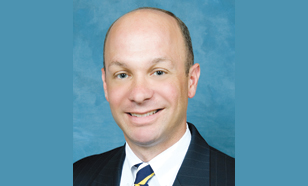A little over a year ago, the state Supreme Court case of Payes v. Workers’ Compensation Appeal Board (Commonwealth of Pennsylvania State Police), 79 A.3d 543 (Pa. 2013), finally eased the burden, even if ever so slightly, on the injured worker attempting to prove a “mental-mental” claim for a psychiatric work injury and disability. It was hoped by the claimants’ bar that the case signaled a reverse in the longstanding trend of the courts finding new and inventive ways to deny mental-mental claims. The Supreme Court essentially found that the lower tribunals had overreached in many instances.
At issue in any mental-mental case is the heightened burden of proof first identified by the 1990 Supreme Court case of Martin v. Ketchum, 568 A.2d 159 (Pa. 1990). In Martin, it was held that an injured worker seeking to prove a psychological claim based solely on mental stimulus must prove “abnormal working conditions” to prevent merely “subjective, perceived or imagined” claims from being found compensable. Martin‘s progeny added the additional consideration that mental injuries must be considered in the context of specific employment. In other words, the specific work environment must be analyzed on a case-by-case basis. Dangerous professions that are inherently subject to working conditions that would be abnormal in almost every other setting suddenly became entirely normal.



